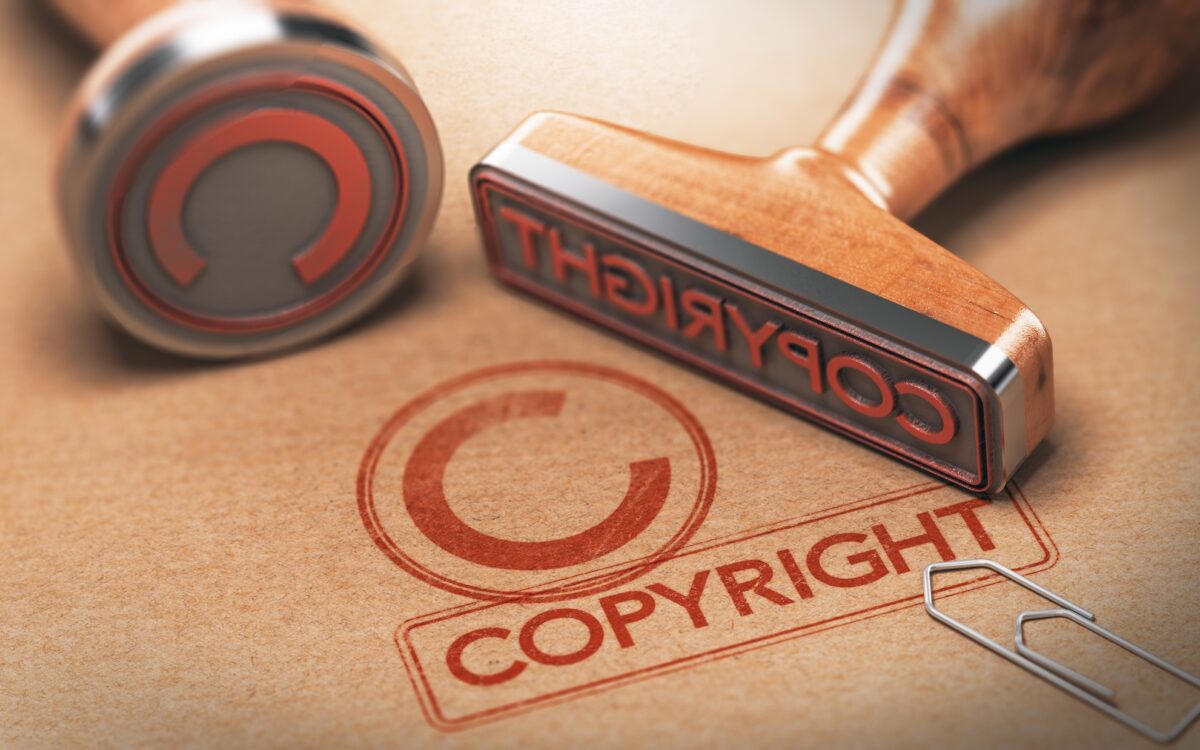
Legal Risks of Generative AI: Copyright Office Report Warns Developers and Users
The U.S. Copyright Office has released a comprehensive report highlighting significant legal challenges facing generative AI technology. This analysis reveals potential copyright infringement risks at every stage of AI development, from dataset creation to model deployment, sending ripples through the tech industry and creative communities alike.
Copyright Concerns Throughout the AI Lifecycle
According to the Copyright Office’s findings, the process of creating training datasets from copyrighted works raises serious legal questions. When companies collect and copy protected content to build their training data, these activities could constitute copyright infringement under current law.
The report directly challenges common industry defenses, particularly the claim that training AI models doesn’t involve copying copyrighted works. Evidence suggests that model weights can retain copies of training materials, with numerous documented cases of generative AI systems reproducing protected content either verbatim or with minimal changes.
“Many steps in the generative AI pipeline could potentially infringe copyright,” states the report, addressing activities from initial data scraping to the final outputs created by users interacting with these systems.
Fair Use Defense Under Scrutiny
While AI developers have frequently relied on fair use doctrine to justify their training methods, the Copyright Office raises significant doubts about this approach. The report specifically questions whether AI training should automatically qualify as “transformative use” simply because it mimics human learning processes.
Legal experts analyzing the report note its careful examination of fair use principles. “The Copyright Office hasn’t completely dismissed fair use defenses, but they’re certainly setting a higher bar than many in the industry expected,” explains copyright attorney Sarah Bennett. “Each use case will require individual analysis rather than blanket protection.”
Implications for Pending Litigation
Though the Copyright Office lacks authority to make binding legal rulings, its reports carry substantial weight in shaping both legislation and court decisions. The findings are already influencing ongoing lawsuits against major AI companies, with plaintiffs citing the report to counter fair use defenses.
Several high-profile cases, including those brought by visual artists and publishers against AI companies like Stability AI and Anthropic, may be significantly impacted by this governmental perspective on AI copyright issues.
Guidance for AI Developers and Users
For companies developing or implementing generative AI technologies, the report serves as a crucial warning to carefully consider copyright implications. Recommended practices include:
– Conducting thorough copyright clearance of training materials
– Developing more transparent documentation of training data sources
– Implementing stronger filters to prevent reproduction of copyrighted works
– Creating clearer attribution systems for AI outputs
“This report essentially puts the entire industry on notice,” notes technology policy analyst Marcus Chen. “Companies that have been operating under assumptions about copyright flexibility may need to reassess their approaches.”
Balancing Innovation and Rights Protection
The tension between technological advancement and copyright protection remains at the heart of this issue. While generative AI offers remarkable creative and productivity possibilities, the Copyright Office emphasizes that innovation shouldn’t come at the expense of creators’ rights.
The report acknowledges that some uses of copyrighted works in AI training may indeed qualify as fair use, particularly for research purposes or when access to copyrighted materials is properly licensed. However, commercial applications face much higher scrutiny.
Looking Forward: Potential Legislative Action
Industry observers anticipate that this report could accelerate legislative efforts around AI regulation. Several members of Congress have already cited the Copyright Office’s analysis when discussing potential new frameworks for governing AI technologies.
“We’re likely seeing the groundwork for more defined rules around AI and copyright,” says legislative analyst Patricia Morgan. “The report provides a roadmap for areas where clarification or new protections may be needed.”
What This Means for Content Creators
For authors, artists, musicians, and other content creators, the report offers some reassurance that their copyright concerns are being taken seriously at the federal level. Many creative professionals have expressed alarm about their works being used without permission to train AI systems that could potentially replace them.
The Copyright Office’s position may strengthen creators’ negotiating position when dealing with AI companies seeking to use their content for training purposes.
As generative AI continues its rapid evolution, the legal landscape surrounding it remains complex and unsettled. The Copyright Office report serves as an important milestone in the ongoing conversation about balancing technological innovation with intellectual property rights.
Both AI developers and users would be wise to closely monitor these developments and adopt more cautious approaches to copyright compliance. With multiple lawsuits pending and potential legislative changes on the horizon, the legal framework for generative AI will likely continue to evolve significantly in the coming years.
For businesses implementing AI solutions, conducting proper due diligence on the copyright implications of their chosen tools has never been more important. As the report makes clear, legal risks exist not only for AI developers but also for end users who may inadvertently generate infringing content.
Want to learn how automation can benefit your business? Contact Unify Node today to find out how we can help.

